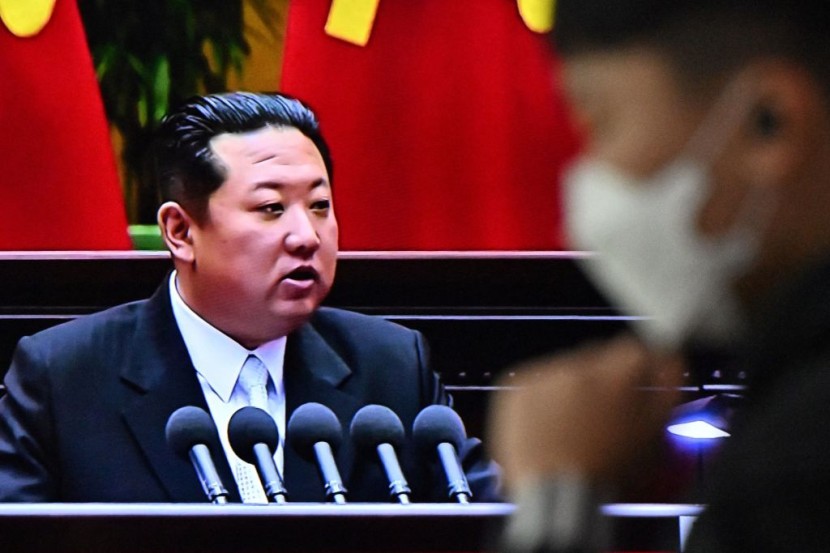
The South Korean authorities are on high alert after North Korea fired a ballistic missile on Thursday that crashed in the sea to the east of the Korean Peninsula.
According to the Joint Chiefs (JCS)of Staff of South Korea, the short-range ballistic missile was fired from North Korea's eastern coastline, moments after Pyongyang's officials vowed to respond with vicious military actions amid alleged provocation from the US, South Korea, and Japan, as reported by Fox News.
In response to the increasing North Korea missile threat, South Korea has reportedly increased its monitoring efforts and coordination with the US and Japan.
Pyongyang Warns US and Its Allies
Choe Son Hue, the foreign minister of North Korea, issued the warning only hours before Thursday's North Korea missile launch, saying Korean Peninsula tensions will be "more unpredictable" as a result of the recent summit between the USA, South Korea, and Japan.
According to Choe, "North Korea's military counteraction will be fiercer in direct proportion to how keen the US is on the "bolstered offer of extended deterrence" to its allies and how much they escalate "provocative and bluffing military activities on the Korean Peninsula" and in the area. The US and its vassal troops will face "a more serious, realistic, and inevitable threat" if this happens.
The United States will be aware that gambling is something it will "certainly regret," Choe continued.
The declaration followed US President Joe Biden's conference with South Korean President Yoon Suk Yeol and Japanese Prime Minister Fumio Kishida in Phnom Penh, Cambodia on Sunday.
In a joint statement, the three presidents harshly criticized latest North Korea missile launches and vowed to maintain their cooperative efforts to bolster deterrence.
This year has seen a steady increase in tensions on the Korean Peninsula as South Korea and the United States have responded to Pyongyang's missile testing by increasing their military exercises and missile tests.
According to the South Korean Defense Ministry, the USA and South Korea conducted a missile defense rehearsal on Thursday, further solidifying the two nations' cooperative defense stance.
Will China Use Its Influence To Address North Korean Threat?
North Korea reportedly launched a short-range ballistic missile from the Wonsan region of Kangwon province at around 10:48 a.m. local time on Thursday, according to the Joint Chiefs of Staff of South Korea, as per CNN.
The missile flew ranging within 240 kilometers (149 miles), hit an altitude of around 47 kilometers (29 miles), and attained Mach 4 speed, the JCS reported.
According to a statement released on Thursday, the Japanese Ministry of Defense confirmed that no missiles had landed within Japan or its EEZ. According to Chief Cabinet Secretary Hirokazu Matsuno, Japan "collects and analyzes required information and actively monitors North Korean military developments in close collaboration with the United States and South Korea."
Given the regional summitry of the past week and Chinese President Xi Jinping's attendance after years of self-imposed political isolation, analysts believed the signals emanating from Pyongyang were important. China serves as a vital ally and trading partner of North Korea.
Professor at Seoul's Ewha University Leif-Eric Easley told Al Jazeera via email that "Beijing may not immediately become more cooperative in dealing with North Korea" after another nuclear test by the Kim government.
He added that Beijing would likely choose to pressure Kim Jong un's regime over confronting a unified Washington, Seoul, and Tokyo.
Related Article : President Joe Biden Warns Xi Jinping of Bigger US Military Presence If North Korea Nuclear Missile Tests Continue
© 2026 HNGN, All rights reserved. Do not reproduce without permission.








